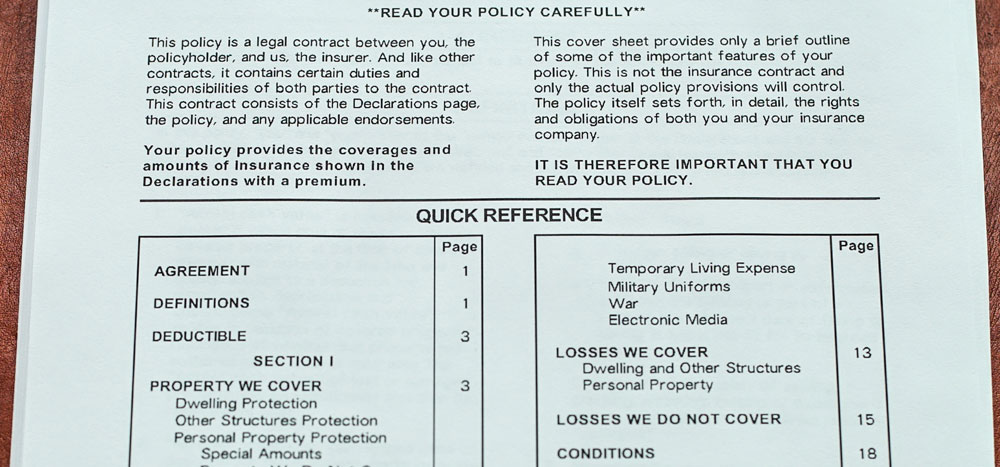Inverse condemnation is a legal claim that can be asserted when the government takes your property. This is called a taking. It is “inverse” because the government does not hold a formal hearing before taking your property. For example, many people have heard of eminent domain – where the government takes your property for a public use. During normal eminent domain or condemnation actions, the government holds a formal proceeding before taking property. However, an inverse condemnation claim is an avenue to recover after the government takes your property without giving you a formal proceeding.
When the government intentionally flooded property following Hurricane Harvey, property owners were not given a formal hearing before – so, the avenue to recovery is an inverse condemnation claim.

Which Government Entity Is An Inverse Condemnation Claim Against?
That depends on where your property is located. If your property was flooded by the Barker and Addicks reservoir releases, then the claim would be against the Army Corps of Engineers and, potentially, the Harris County Flood Control District and the City of Houston. These government entities made the decision to release water. If your property was flooded by the Lake Conroe release, then the claim would be against the San Jacinto River Authority, which manages and operates Lake Conroe.
Which government entity is sued is important – the effects result from federal versus state law. The Army Corps of Engineers can only be sued in the United States Court of Federal Claims, in Washington, D.C. A claim against the Corps is based on the Fifth Amendment of the United States Constitution. The Fifth Amendment says that if the federal government takes your property for a public use, then it must pay “just” compensation for the property.
Pursing a claim against a local entity (for example, Harris County Flood Control District) is based on Article I, Section 17 of the Texas Constitution. Section 17 states that if the government takes your property for a public use, it must pay you “adequate” compensation.
I Have Heard That You Must Be Flooded Multiple Times For It To Be Considered A “Taking.” Is That True?
Until recently, many courts held that a temporary flood or one time flood could not be a taking. However, in 2011, the United States Supreme Court’s ruling in Arkansas Fish & Game stated that a one-time flood could be a taking. The Court also laid out the factors a court should consider when deciding whether or not a taking occurred during a one-time flood:
- If the property owner has a protectable property interest under Texas law. If you own the affected property, then you likely have a protectable property interest under Texas law.
- The character of the property (including whether it was residential or commercial, and the use of the property) and the property owner’s “reasonable investment backed expectations.” For instance, this factor can refer to a property owner’s expectation of the value of his or her property to appreciate.
- Whether the flooding was foreseeable to the government as a result of making the releases.
- Whether the releases caused the property in question to flood.
- How substantial the damage was to that particular property.
Generally, these are the factors that a federal court will consider when deciding whether a taking occurred during a temporary flooding event.
I have heard that since a class action has been filed, that I will be included in that class action and there is nothing I can do. Is that true?
Several class actions have already been filed against each government entity described above. These lawsuits face additional challenges. In a class action, the judge has to approve the class. In this situation, the individual causes and effects of each property’s flooding and damage may prevent a class from being certified by the judge. If the class action was certified or approved, the court would give you an opportunity to “opt out.” Any judge’s determination on a class action is a long way away. Property owners affected by the reservoir releases still have plenty of time to decide whether or not to pursue a takings claim, and how to pursue it. We do not believe a class action is appropriate for the Hurricane Harvey floods and we would recommend that affected property owners make individual claims with the assistance of a lawyer.
The most important thing for property owners to do now is to do whatever is best for your family to ensure you safely get through this difficult time. Meanwhile, be sure to document every interaction with an adjuster, or any cleanup of your property with extreme detail. Take pictures and videos of property damage – both to structures and personal property. Journal anything you are able to. Discussions with neighbors, meetings with adjusters – anything related to your damage.
Our hurricane flood lawyers are available to answer any questions property owners affected by reservoir release may have, including the insurance claims process. We have helped hundreds of property owners receive just compensation due to home and business property damage. Please call us at 713-871-1670 at no cost to you.
